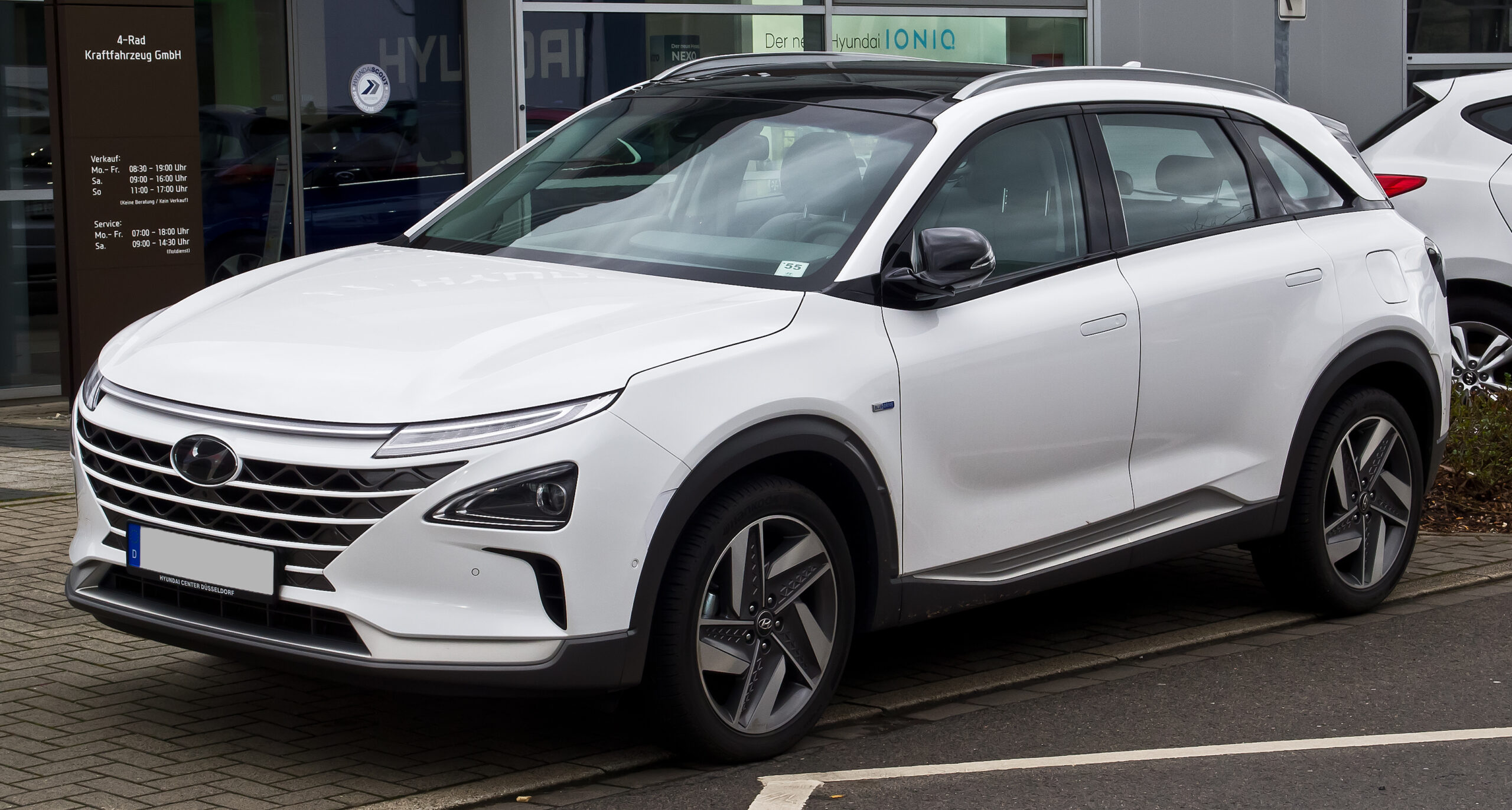The push for cleaner transportation has led to two main contenders: battery electric vehicles (EVs) and hydrogen fuel cell vehicles (FCEVs). Both offer zero emissions, but they take very different approaches to solving the same problem.
While EVs are leading the race today, hydrogen technology is still in the game. Understanding the strengths and weaknesses of both will help you see where the future of green driving is headed.
1. How They Work: Batteries vs. Fuel Cells
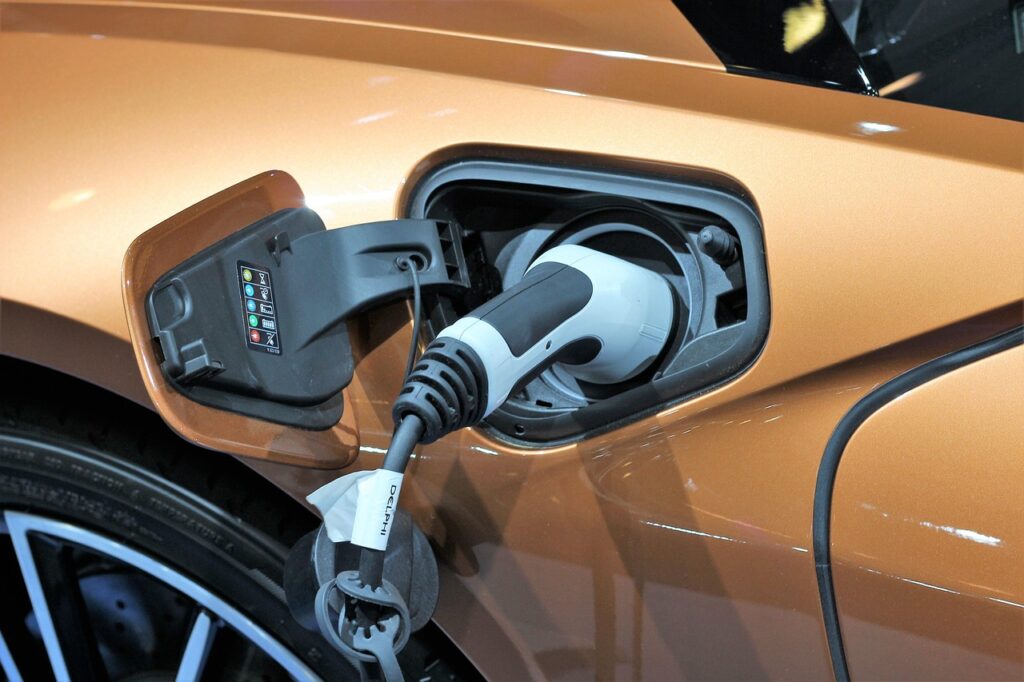
Battery electric vehicles (EVs) store energy in large lithium-ion batteries and use that power to run an electric motor. They need to be plugged in to recharge, just like a smartphone.
Hydrogen fuel cell vehicles (FCEVs) create electricity on demand by combining hydrogen and oxygen in a fuel cell. Instead of plugging in, you refill a hydrogen tank in minutes, much like a gas-powered car. The only emission? Water vapor.
2. EVs Have a Huge Head Start
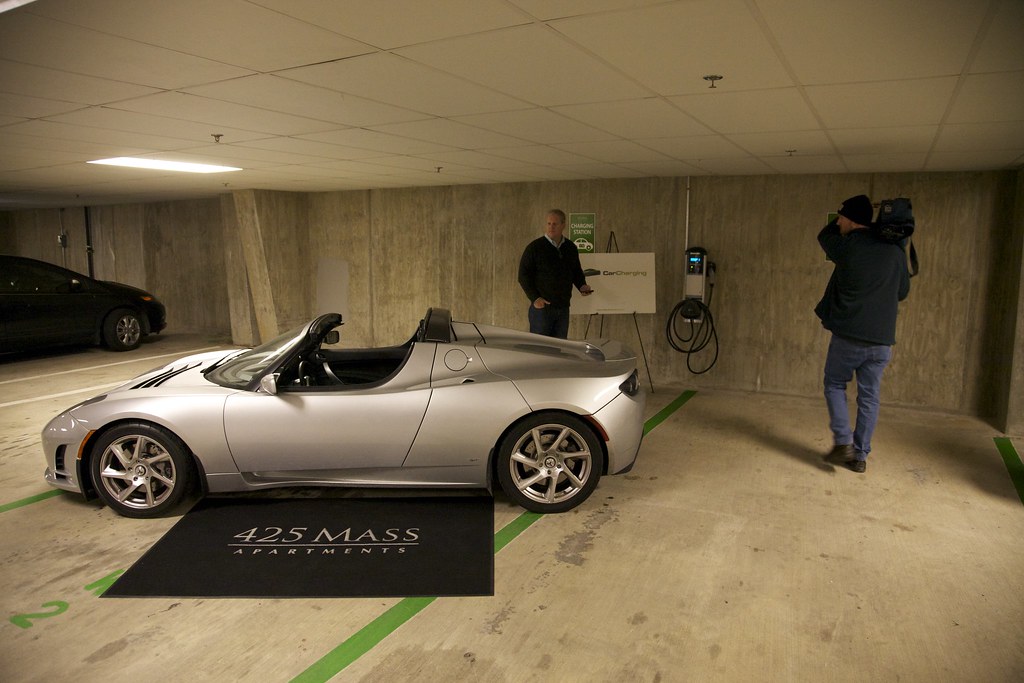
Battery-powered EVs are everywhere, with millions already on the road. Companies like Tesla, Ford, and Volkswagen are expanding their EV lineups, and nearly every major automaker has committed to electric models.
Hydrogen cars, on the other hand, are still rare. Only a handful of models, like the Toyota Mirai and Hyundai Nexo, are available—and mostly in places with hydrogen refueling stations, such as California and Japan.
3. Hydrogen Refueling is Faster Than Charging
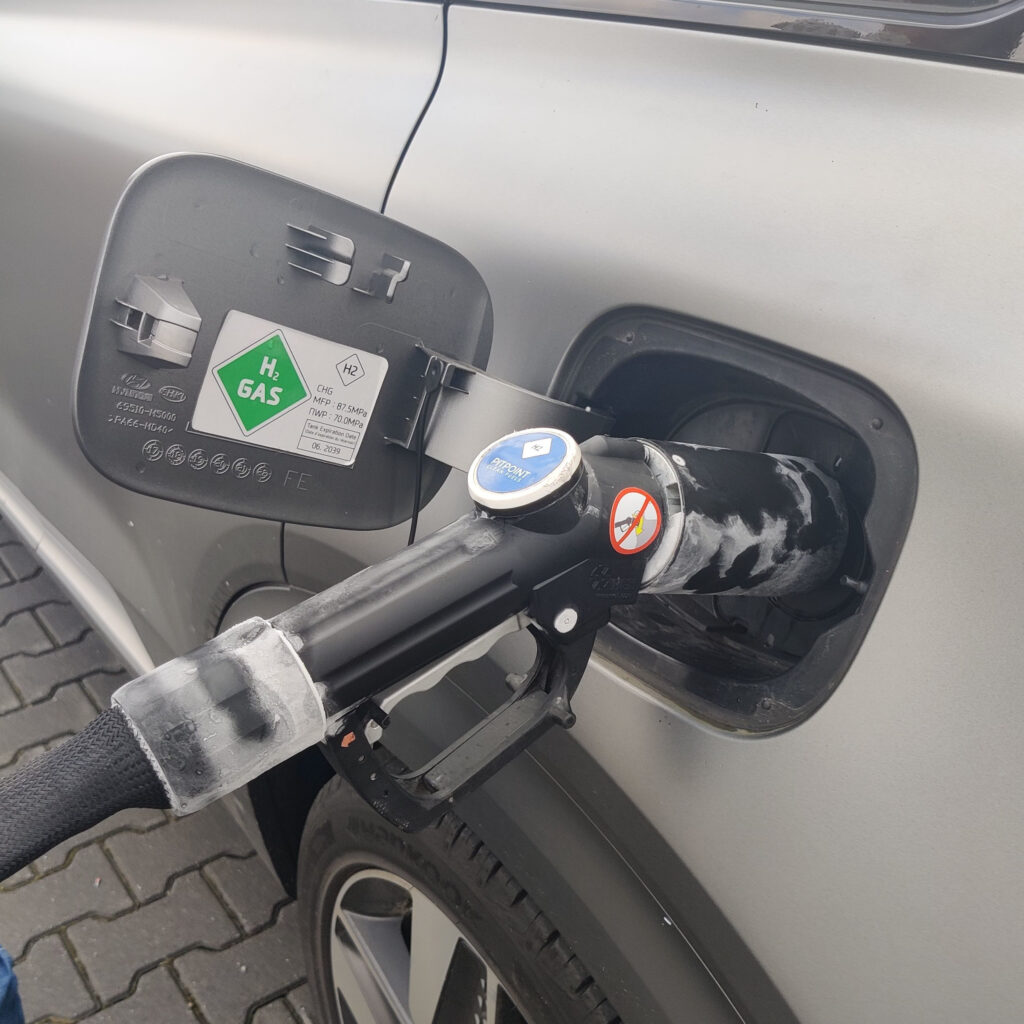
One of hydrogen’s biggest advantages is refueling time. A hydrogen fuel cell vehicle can be filled up in about 5 minutes, just like a gas car. In contrast, even the fastest EV chargers take 15–30 minutes for a meaningful charge.
This makes hydrogen appealing for long-distance travel and commercial use, like buses and trucks. If infrastructure improves, hydrogen could become a serious competitor to EVs in the future.
4. EV Charging is More Convenient
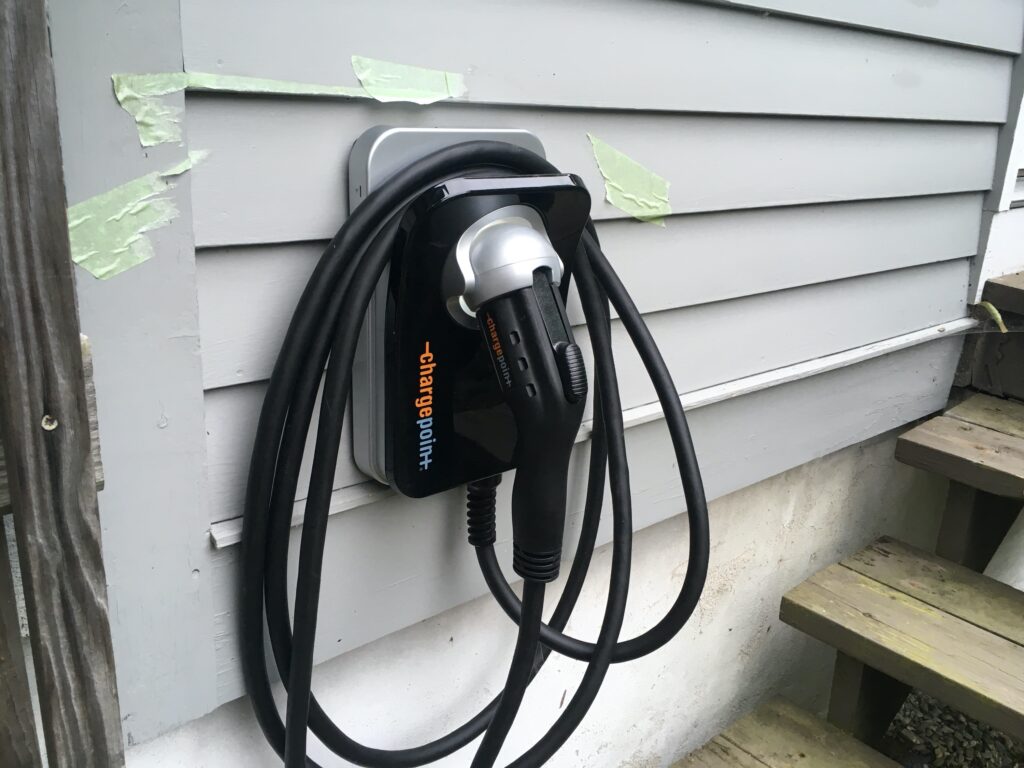
While hydrogen refueling is fast, finding a station is a challenge. Hydrogen infrastructure is limited, with only a few hundred public stations worldwide. If you don’t live near one, owning a hydrogen car isn’t practical.
EVs, however, can be charged almost anywhere. Home charging is a game-changer, allowing drivers to “refuel” overnight. Public chargers are also becoming more widespread, making EVs far more accessible than hydrogen cars.
5. Hydrogen Cars Have Better Range Potential
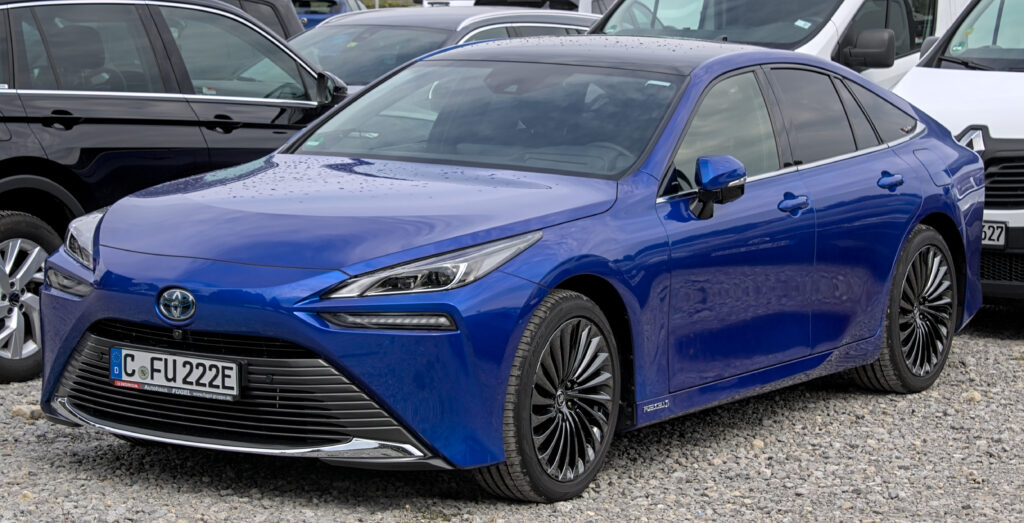
Most EVs today offer 200–400 miles of range per charge, but hydrogen fuel cell vehicles can go even further. The Toyota Mirai, for example, has a range of over 400 miles on a full tank.
As battery technology improves, EV range is increasing. However, hydrogen cars still have the advantage when it comes to long-distance driving without long stops to recharge.
6. EVs Are More Energy Efficient
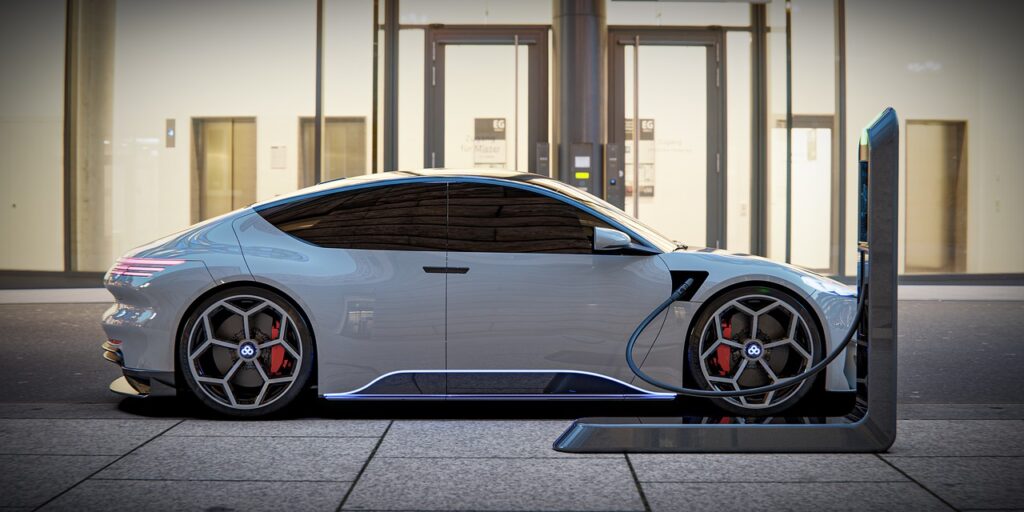
Hydrogen fuel cells lose a lot of energy in production, storage, and conversion. By the time hydrogen is used in a car, only about 30%–40% of the original energy remains.
EVs, on the other hand, use energy much more efficiently. About 80%–90% of electricity from the grid is converted into usable power for the wheels. That means EVs get more driving miles per unit of energy than hydrogen cars.
7. Hydrogen Vehicles Are Expensive
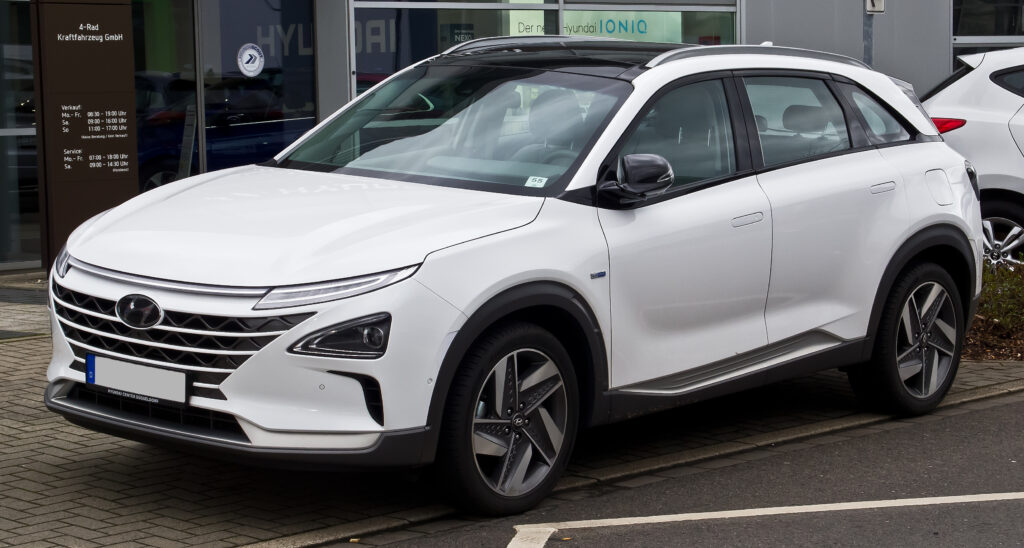
Hydrogen cars are pricey. The Toyota Mirai starts at around $50,000, while the Hyundai Nexo costs even more. On top of that, hydrogen fuel is expensive—often more than gasoline per mile driven.
EV prices, meanwhile, are dropping. Affordable options like the Chevrolet Bolt and Tesla Model 3 make EV ownership easier than ever. Plus, electricity costs are generally lower than hydrogen fuel, making EVs cheaper to operate.
8. Hydrogen Works Better for Heavy Vehicles
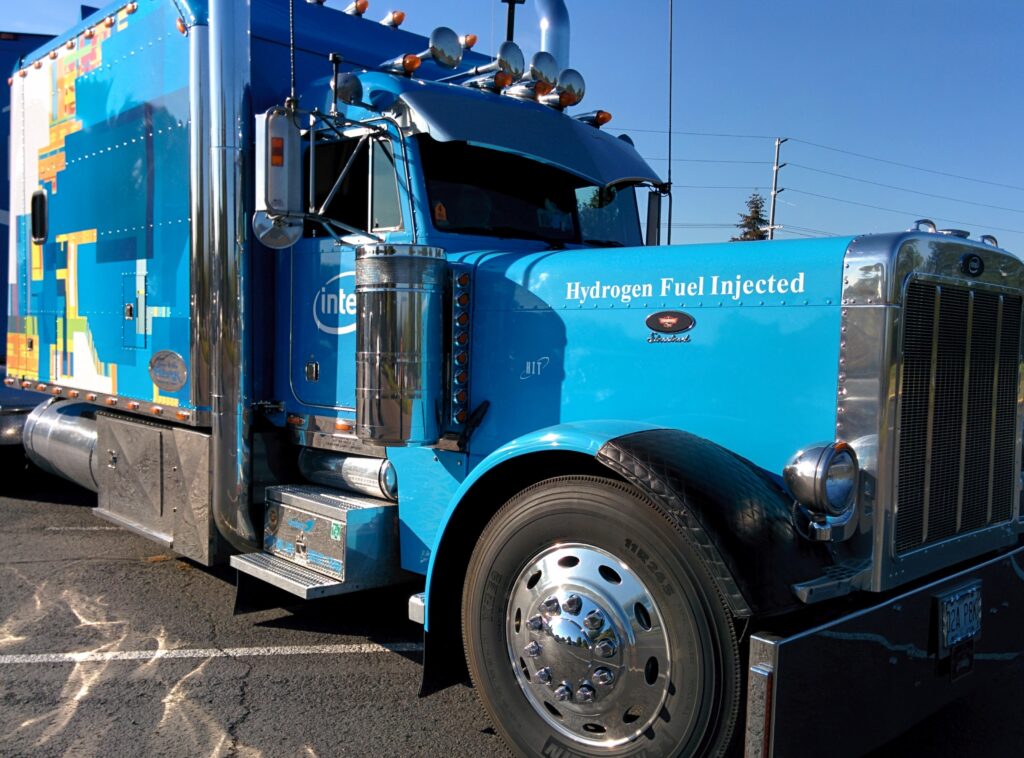
While EVs dominate the passenger car market, hydrogen has big potential in heavy-duty transport. Trucks, buses, and even trains can benefit from hydrogen’s fast refueling and long range.
Companies like Nikola and Hyundai are developing hydrogen-powered semi-trucks, while Japan is experimenting with hydrogen trains. For large vehicles that can’t afford long charging times, hydrogen may be the best zero-emission solution.
Read More: 10 Ways 6G Will Supercharge Connected Cars and the Internet of Vehicles
9. Hydrogen Production is Still a Challenge
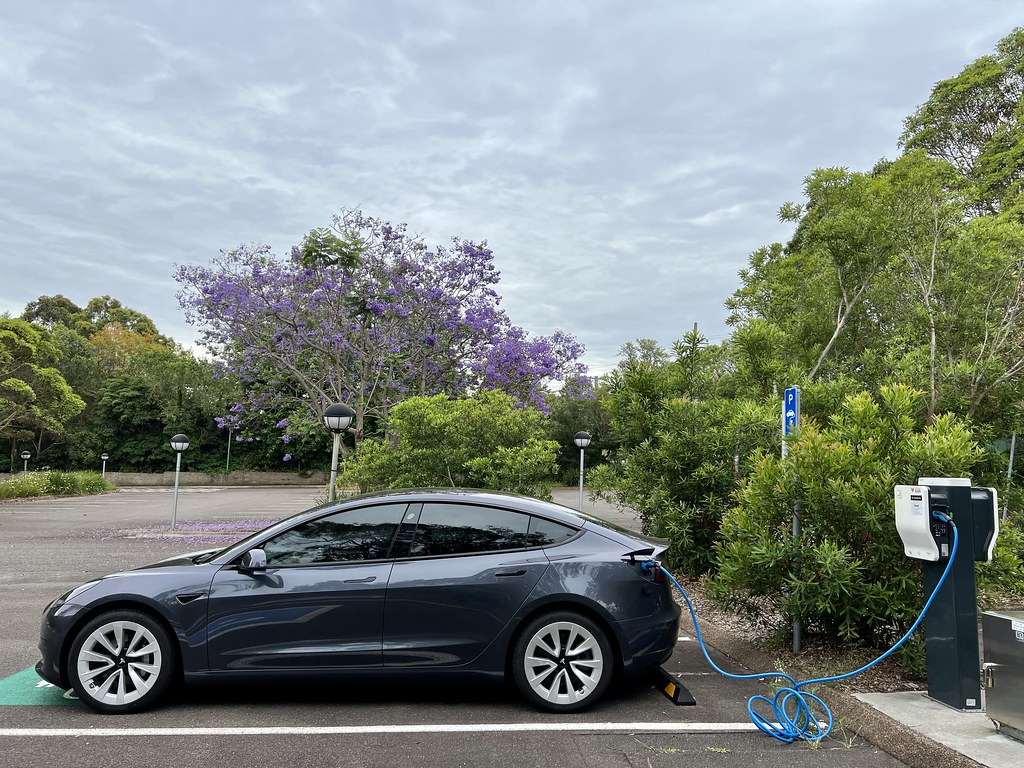
Most hydrogen today is made from natural gas, which still produces carbon emissions. “Green hydrogen” made from renewable energy is possible, but the process is expensive and inefficient.
Meanwhile, EVs can run on renewable electricity from solar, wind, or hydro sources. Until hydrogen production becomes greener and cheaper, EVs will remain the more environmentally friendly option.
Read More: 10 Muscle Cars That Made Every Other Car Look Weak
10. The Future is Likely a Mix of Both
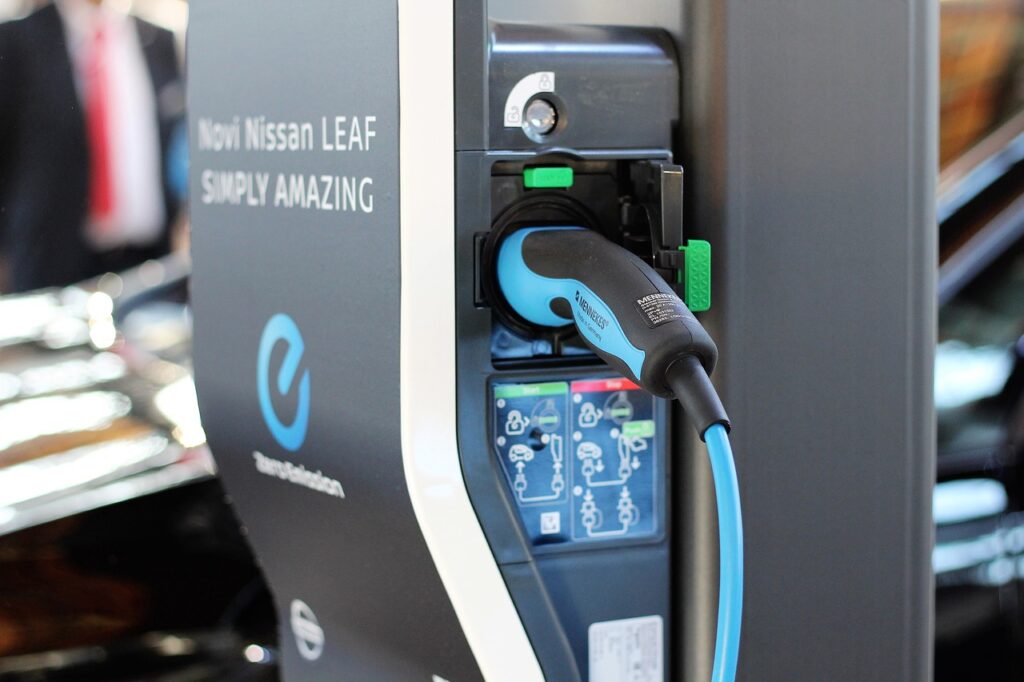
EVs are leading the charge toward a cleaner future, but hydrogen isn’t out of the race. Many experts believe both technologies will play a role—EVs for personal cars and city driving, and hydrogen for trucks, buses, and industries that need longer range and faster refueling.
As battery tech improves and hydrogen production gets cleaner, the competition will continue. But for now, EVs are the clear winner for most drivers. Hydrogen may still find its place, but it has a long road ahead.
Read More: 10 Legendary Cars That Never Should Have Been Canceled

